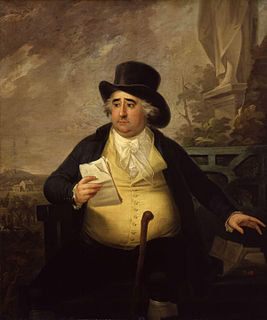A Quote by Tariq Ali
I am fully aware of the concept of political revolutions. After all, that is what we hoped might happen in the U.S.S.R. and Eastern Europe, but what actually happened was capitalist restoration.
Related Quotes
In the political, the social, the economic, even the cultural sphere, the revolutions of our time have been revolutions "against" rather than revolutions "for"... On the whole throughout this period the man--or party--that stood for doing the positive has usually cut a pathetic figure; well meaning but ineffectual, civilized but unrealistic, he was suspect alike to [by both] the ultras of destruction and the ultras of preservation and restoration.
Political realism is aware of the moral significance of political action. It is also aware of the ineluctable tension between the moral command and the requirements of successful political action. And it is unwilling to gloss over and obliterate that tension and thus to obfuscate both the moral and the political issue by making it appear as though the stark facts of politics were morally more satisfying than they actually are, and the moral law less exacting than it actually is.
If we are going to talk about the most recent of the "Indignados" movements in several countries of the world, including Europe, those are social movements but eventually they will evolve into political movements. This will happen because the traditional bourgeois parties have lost credibility after being the main political influence in most countries of Latin-America and Europe in the last 50 or 60 years.
I wouldn't call it naive but silly. History does not work like this. If you look at the dynamics of Eastern Europe or even Germany post reunification, you realize that change takes time. No one can deny the fact that we are still not there - I am advocating something which has to go from uprisings to revolutions. It is not coming straight away that it is not going to come but what we have to advocate is that the democratization process is always better than state dictatorship.
I worked very hard to try and figure out what I thought and I believed that we were going to succeed and that revolutions would happen globally and we would be a part of that and we would have then not capitalism. We would have values based on human lives, not profit. We would actually transform the kinds of ways people built love and built community. It was a very shocking thing to me, out of the end of the 70s and the beginning of the 80s, to realize that that dream - while I still believed in it - was not going to happen in the way that I had hoped.
For people familiar with Eastern Europe, Marci Shore's 'The Taste of Ashes' is, in spite of its subject matter, delicious. A professor at Yale with much experience in Eastern Europe, she writes with great sureness of touch, weaving personal recollections with intellectual commentary and ideas with emotions, including her own.







































